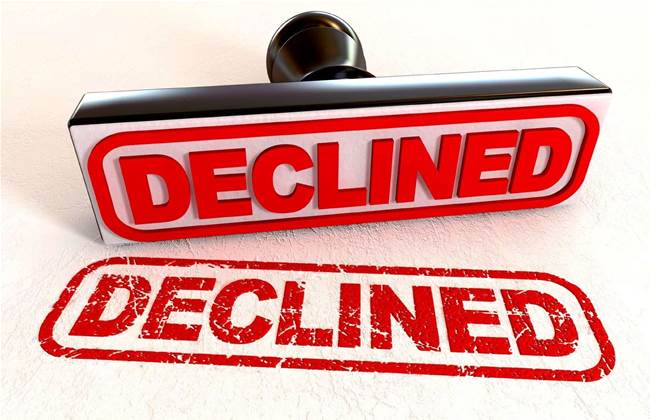A New York district court judge has ruled the US Federal Bureau of Investigation cannot legally compel Apple to unlock an iPhone used by a suspected drug dealer, in a decision expected to be cited in the high-profile San Bernadino shooter case between the tech giant and the FBI.

The FBI tried to use the US All Writs Act to compel Apple to give it access to encrypted data located on the iPhone of suspected meth dealer Jun Feng, a position it has also put forward in the San Bernadino case.
But Apple lawyers argue the government is asking for it to break the security of its devices in an "unprecedented" blurring of the lines between privacy and security.
Magistrate Judge James Orenstein today found the US All Writs Act did not justify the FBI's request to unlock the iPhone, and denied its request to force Apple to play ball.
He said the help the US government was seeking from Apple could not be considered "agreeable to the usages and principles of law".
"The implications of the government’s position are so far-reaching – both in terms of what it would allow today and what it implies about Congressional intent in 1789 – as to produce impermissibly absurd results,” the judge said.
Orenstein said the government's reading of the All Writs Act was so expansive and "in particular, in such tension with the doctrine of separation of powers" that it would cast doubt on the Act's constitutionality.
He also noted the US Congress had considered and rejected a bill that would specifically force Apple to co-operate with the FBI in similar situations, meaning it could not now push for powers it declined to introduce.
"The relief the government seeks is unavailable because Congress has considered legislation that would achieve the same result but has not adopted it," Orenstein said.
While the ruling has no direct impact on the San Bernadino case currently being heard in a California district court - in which the FBI is pushing for access to the iPhone belonging to shooter Syed Farook - Apple is likely to cite the NY ruling in that legal battle.
It also potentially provides Apple a stronger platform for appeal should the California district court rule in the FBI's favour.
FBI director James Comey and Apple general counsel Bruce Sewell are scheduled to appear before a congressional hearing tomorrow.


_(28).jpg&h=140&w=231&c=1&s=0)








 iTnews Executive Retreat - Security Leaders Edition
iTnews Executive Retreat - Security Leaders Edition
 iTnews Benchmark Awards 2026
iTnews Benchmark Awards 2026
 iTnews Cloud Covered Breakfast Summit
iTnews Cloud Covered Breakfast Summit












_(1).jpg&h=140&w=231&c=1&s=0)



